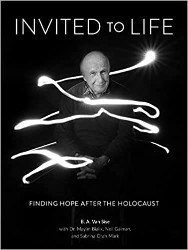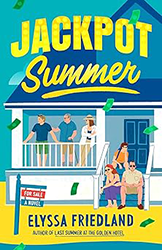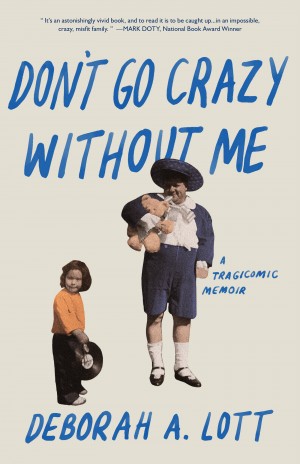Jessica Berger Gross’s fiction debut follows her memoir Estranged, a personal account of abuse and healing. She brings that emotional lineage to Hazel Says No—a novel that begins as an amiable family story before sharpening into something more jagged and timely.
The Blums — literary teen Hazel, her quirky younger brother, Wolf, and their parents — have just moved from Brooklyn to a small college town in Maine, where the father has landed a coveted academic post. The story moves fluidly among the four family members’ perspectives, offering warmth, wit, and just enough friction.
When Hazel refuses the bracingly unsubtle sexual advances of her high school principal (“every year I choose one student …”), the plot snaps into focus. Notably, Gross doesn’t depict an assault, but a denial. That choice shifts the story’s center to what comes after: the family’s response, the town’s protectiveness of a beloved figure, and Hazel’s realization that her rightful “no” has triggered something irreversible — and costly — for everyone involved.
In the novel’s second half, Hazel goes public. A viral article scores her a chance to achieve her biggest dreams, a lot sooner than she imagined. Yet she remains uneasy about how her story is being packaged and sold. That moral vertigo — the discomfort of success built on personal suffering, and not just hers — is skillfully rendered. So is Gross’s portrayal of how memory and clout operate in a small town, where “canceling” someone beloved carries a steep social cost.
Yet the novel leans hard on topical, teachable moments, crowding out deeper character work. Hazel and Wolf are lovely — sharp, observant, relatable — but their parents can grate. Claire’s Brooklyn nostalgia veers toward self-pity, while Gus simmers with academic insecurity that compromises his parenting. In addition, the marital tensions between Claire and Gus are underexamined, so when resolution arrives for the Blums at large, we’re left squinting.
Still, Hazel Says No has a strong conscience and a light enough touch. It’s the kind of book you’d be glad to see your teenager reading by the pool, poised to throw at any creeper who wanders too close.
Daniella Wexler is a Brooklyn-based psychotherapist and freelance editor. A former trade publishing editor, she serves on the Emerging Leaders Council of the Jewish Book Council and offers editing services at DaniellaWexlerEditorial.com.





